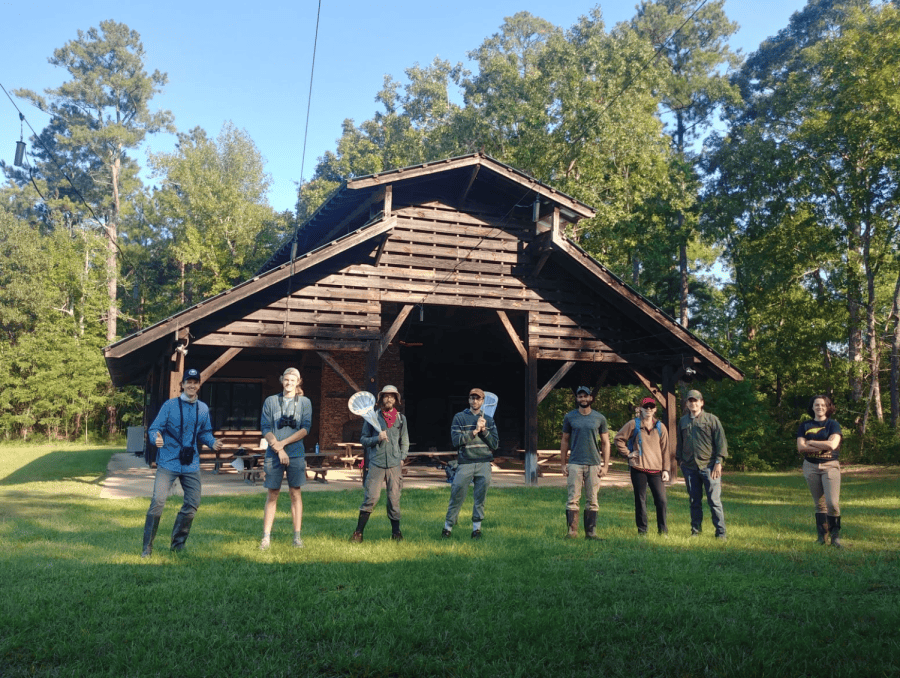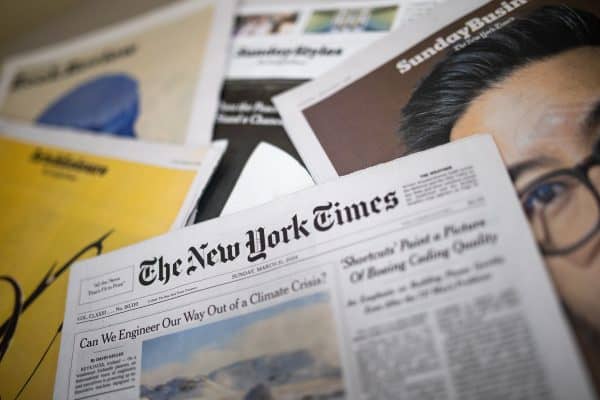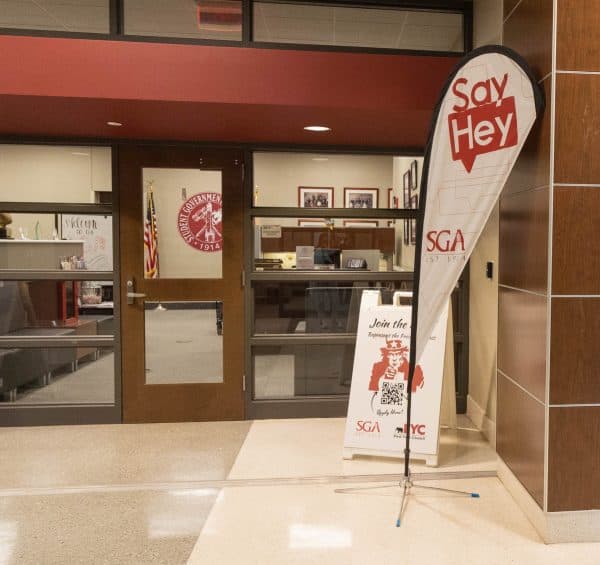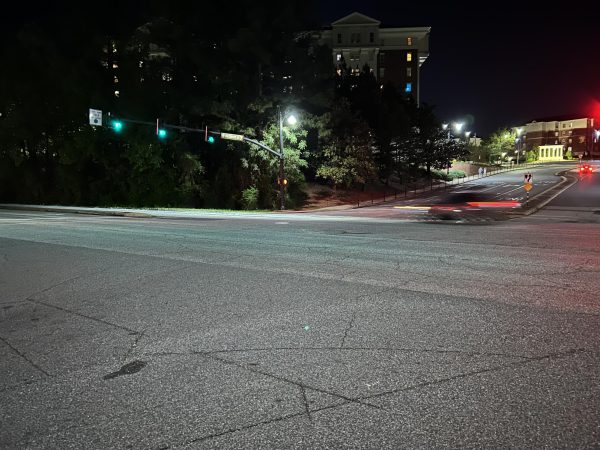‘We deserve better’: Campus organizations push for a greener future
April 21, 2022
With over 300 members, the UA Environmental Council is the largest environmental student organization on campus.
The organizations
Rilyn Todd, a sophomore in the New College program, is a member of the Environmental Council. Todd got involved with the organization at the beginning of the fall 2021 semester because she was interested in activism.
Environmental justice is a priority for her following her selection as the organization’s vice president for the upcoming academic year.
“There are a lot of people who I talk to in the organization, like in meetings and through other events, that are interested in the same kind of thing,” she said. “A lot of people, including myself, are frustrated that environmentalism, especially in the South, is perceived as just recycling and using metal straws and stuff like that. We really want to get involved in actually pushing for legislation.”
Last semester the Environmental Council began petitioning the City Council of Tuscaloosa to declare a climate emergency or create a plan to combat climate change and limit carbon emissions.
Delanie Williams, a junior majoring in environmental engineering, is the incoming president of the Environmental Council. Williams has served as treasurer of the organization for a year and has “loved every second of it.” She raised over $500 for the Black Warrior Riverkeepers and wants to increase outreach.
“I wanted to run for president for the 2022-2023 year to help expand our membership and club outreach efforts,” Williams said. “I think everyone nowadays is aware of the climate crisis, and they just need the opportunity to get involved and organized to make a change.”
Williams wants the organization’s efforts to be more “member-led.” She highlighted the danger of eco-anxiety, the fear around climate catastrophe in the present and future.
“To help combat eco-anxiety, I think it is extremely important for members of our community to feel they are helping to address the climate crisis,” she said. “This involves grassroots organizing and support from our executive team.”
Thomas Franzem is the outgoing president of another environmental organization on campus: Conservation Biology Society. The organization discusses conservation literature, organizes litter cleanups and more. Franzem said he initially wanted to get involved with the organization because he likes “getting outside and seeing cool plants and animals.”
“That’s been a thing throughout my whole life,” he said. “As I’ve gotten older and more educated, I’ve realized that we’re actually doing a lot of harmful things to nature, which gives so much to us. I guess my motivating thing is just trying to advocate for the stuff that can’t advocate for itself and just try to effect change as far as society’s relationship to nature and to the environment.”
Franzem said his goal for the two year old Conservation Biology Society is to have it exist 10 or 20 years from now. He said it makes him feel optimistic that new people will be taking the reins this academic year.
The University’s efforts
Todd said the “extent” of environmental efforts on campus is the University’s recycling center and bins placed in classroom buildings.
“That’s about it,” she said. “Recycling is better than nothing, but it’s not even that great in terms of sustainability. So things that the University could do first and foremost, they need to divest their assets from fossil fuels. I think it’s irresponsible of them to be funding fossil fuel companies with their endowments when they claim to be educating their students for the future. If they’re preparing us for a future that they’re actively destroying, it just doesn’t fit very well. It’s kind of hypocritical.”
The Crimson White filed an open records request to look into the University’s ties to fossil fuel corporations in September 2021. The request is still awaiting a response. Currently no public records of the University accepting large donations or endowments from fossil fuel corporations have been made public.
Franzem said the University could help by treating land in a way that benefits the environment and surrounding ecosystems. Franzem said he would suggest incorporating native landscaping into the University’s work and utilizing wildflower gardens.
Franzem argued that the University’s use of much of its land for lawns is detrimental to the environment, particularly for insects, birds, and other organisms who would benefit more from more natural environments.
“There’s a little patch of wildflower gardens past Marr’s Spring, but it’s maybe 15 feet long, and they need to do more to really make a difference,” he said.
Williams said the Environmental Council is currently working with Bama Dining to reduce waste and the use of single-use plastics, but she believes UA leaders could always be doing more.
“I think UA also needs to investigate food waste programs, develop a glass recycling program in the dorms and encourage native species biodiversity on campus,” she said.
Todd said the Environmental Council’s wants the University to localize food production. The organization is currently trying to implement a community garden at the University to help achieve this goal.
The Student Government Association has an Executive Cabinet member designated as director of environmental affairs. The outgoing director is Heisman Olszewski. The incoming director has not been announced yet, and will be selected by SGA President Madeline Martin.
Todd said she feels disappointed by a lack of effort from the SGA on environmentalism.
“They have no contact with us,” she said. “No collaboration whatsoever. The extent of their work this year was when he [Olszewski] proposed a project to make a place where people could hang their hammocks. It’s not great. We deserve better.”
Olszewski did not respond to multiple requests for comment, and SGA press secretary Olivia Davis declined multiple interview requests.
The future
Todd said she would encourage students to join the Environmental Council if they want to get involved.
“Organizing and finding like-minded people is going to be really good for your mental health if you’re anxious about environmental stuff,” she said. “Second of all, it is a great way to get things done. If we have more people working on these projects that I’ve already mentioned, they’re going to get done faster and they’re going to be way more effective. Put pressure on the people in these positions that are failing you right now. What is important to you, and what should they be doing?”
Franzem pointed out the mission of the Conservation Biology Society in relation to making positive change on campus.
“To address all the crises that humanity is facing, we need big changes at high levels, but you have some power to effect positive change,” Franzem said. “I think that’s an important message that really needs to get out there more. We can help nature. We can help the environment just by doing things in our everyday lives.”
Williams said students dealing with anxiety over climate change can make a difference.
“Climate anxiety is very prevalent currently, and I think a lot of people feel like they can’t make an impact, but I promise you can,” she said. “Small changes build up, and one less single-use plastic is better than nothing. I also highly encourage joining a group to try and make a collective difference. It’s empowering and makes a bigger impact. Might I suggest the Environmental Council?”
This story was published in the Environmental Edition. View the complete issue here.
Questions? Email the news desk at [email protected].











